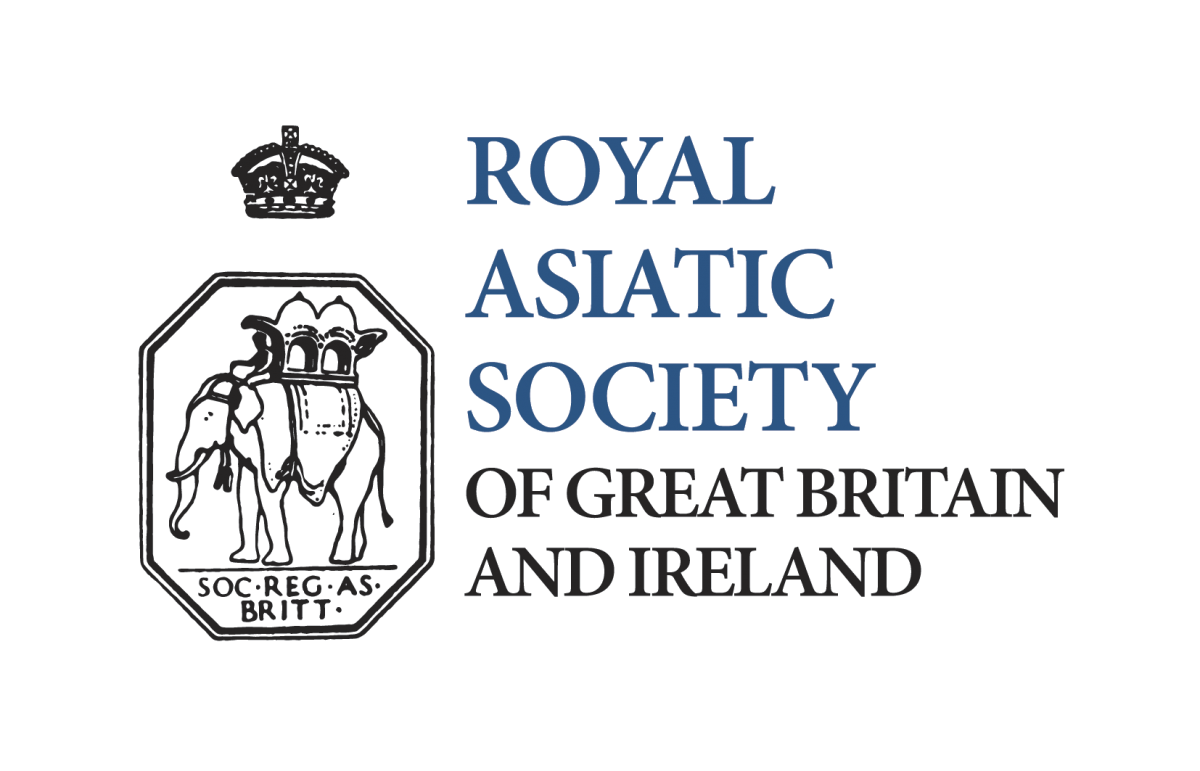
- This event has passed.
Dr. Oliver Crawford (University of Cambridge) – The Languages of Indonesian Socialism
19 February 2019 @ 6:30 pm - 8:30 pm GMT
The Languages of Indonesian Socialism
In the interwar years, Marxism exercised a powerful influence on Indonesian intellectual and political life. The most conspicuous proof of the spread of Marxism was the formation of the Partai Komunis Indonesia (PKI), which was founded in 1920 and openly acknowledged its fidelity to Marx’s principles. Even non-Communist nationalists, such as Sukarno and Mohammad Hatta, who would go on to become the first President and Vice-President of the Indonesian Republic respectively, engaged extensively with Marx’s ideas in the 1920s and 1930s. This article is concerned less with why Marxism was appealing to Western-educated Indonesian nationalists than with how Marxist ideas were communicated to the Indonesian public. Specifically, it is focused on how Marxist texts and concepts were translated into Malay, the lingua franca of the Indonesian archipelago, and expressed through an Islamic moral vocabulary.
I argue that this process entailed a push and pull between international and local political registers, between Dutch and Malay, between transliteration and translation. Through the transliteration of Marxist terms such as proletariat (proletar), capitalism (kapitalisme) and Communism (Kommunisme), Indonesian Communists invited their readers to move away from indigenous categories and imagine themselves as part of the larger, global groups and processes that Marxist terminology evoked. It was because Marxism was not considered to be essentially local that Communists believed it could be used to modernise Indonesian political thought. Members of the PKI presented Marxism as a universal science (ilmu or wetenschap), superior to older Indonesian and Islamic prophetic forms of political forecasting.
At the same time, there was a process of ‘localization’, whereby foreign Marxist materials were restated to bring them closer to local cultural norms. Feudalism, for example, was translated as kerajaan (‘the rule of the raja’), while the proletariat was equated with the Kromo (‘common people’). Arabic terms associated with Islam, such as nafsu (‘greed’) and djahat (‘sin’), were woven into Communist writings to add a moral dimension to the Marxist critique of capitalism that would resonate with Indonesian Muslims. The style of Indonesian Marxism that emerged, therefore, was multilingual, with different terms serving different purposes.
